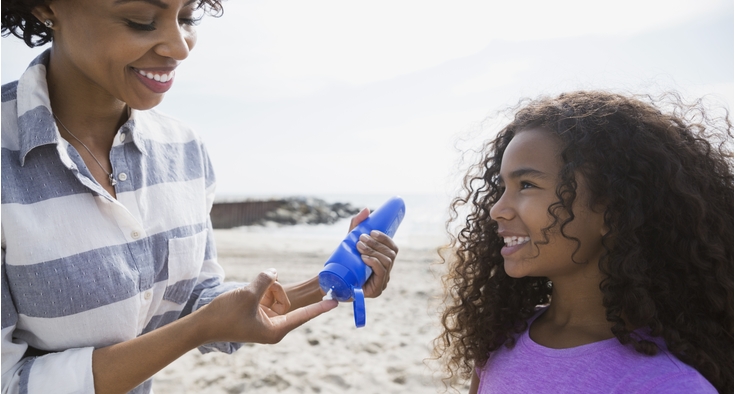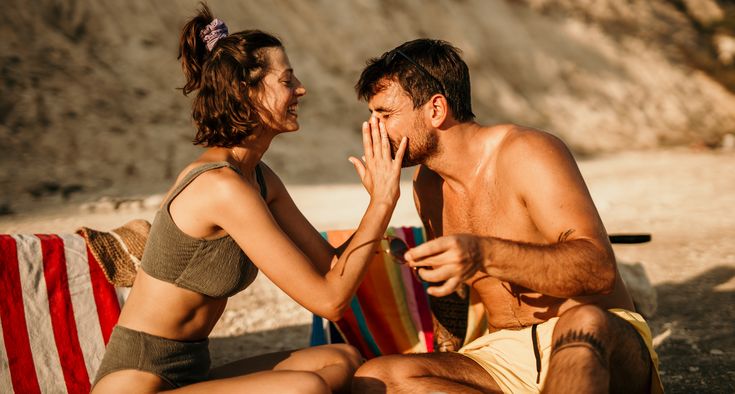Warmer weather means more outdoor time for kids – and worries about safety in the sun, surf and woods.
“Overall, summer is the most fun when it’s free of incidents and injury,” said Erin Whitaker, a pediatric nurse practitioner at Novant Health Pediatrics Oak Hollow, in High Point.
Here, Whitaker offers tips to help keep youngsters healthy and happy during their outdoor activities.
Q: What are the best sunscreen options for children?

A: Avoid any stagnant, standing water because it attracts mosquitoes. Wear long sleeves and long pants as a physical barrier. Use repellents with DEET as an active ingredient. Children 2 months and older should use products that contain 10% to 30% DEET. Never use anything greater than 30% on a child.
Alternatives include repellents that contain picaridin, lemon eucalyptus oil or soybean oil. Studies have shown they’re comparable to 10% DEET products. What’s not effective are wristbands, bug zappers, sound wave machines, garlic and vitamin B.
Q: What are the best insect repellents for kids?
A: Avoid any stagnant, standing water because it attracts mosquitoes. Wear long sleeves and long pants as a physical barrier. Use repellents with DEET as an active ingredient. Children 2 months and older should use products that contain 10% to 30% DEET. Never use anything greater than 30% on a child.

Alternatives include repellents that contain picaridin, lemon eucalyptus oil or soybean oil. Studies have shown they’re comparable to 10% DEET products. What’s not effective are wristbands, bug zappers, sound wave machines, garlic and vitamin B.
Q: How do I battle poison ivy and poison oak?
A: Avoidance is best. Teach kids what each plant looks like. Check their play areas to make sure they’re free of the plants. The itchy rash is a skin reaction from the oil on the plant’s leaves. The rash appears about one to four days after exposure, and usually resolves in one to two weeks.
If you come in contact, take a shower immediately and wash the clothes you’re wearing. Treat it with over-the-counter medications containing hydrocortisone. For severe cases, or anything on the face or near your eyes, contact your health care provider.
Q: What do I need to know about kids and water safety?
A: Never leave a child alone at any body of water, even if it’s a small inflatable pool in the backyard. Even a few inches of water can be dangerous. Beware of inflatable pools that a child could lean against and topple into.
Arm “floaties” are toys, not life preservers. They’re not recommended.
If you’re around any boat, dock, lake or river, a well-fitting life jacket should be worn at all times. Parents should set a good example and wear them, too. Older children should be aware of rip currents and avoid any rapid-moving water.
For additional tips to enjoy an injury-free summer, download this guide.











